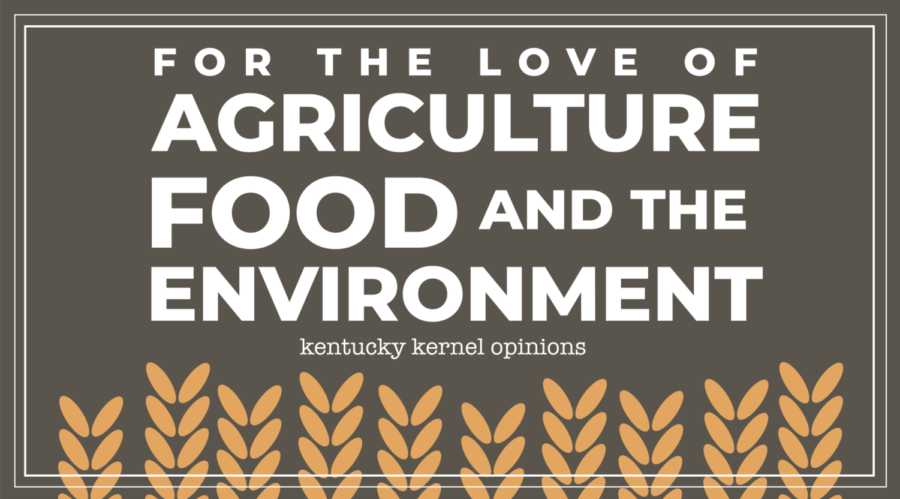Increasing grocery-shopping mindfulness during COVID-19
April 13, 2020
As is true for many students, this pandemic has thrown my future for a loop. This season has involved canceled trips, reduced income and, for us graduating seniors, a sense that there are fewer opportunities awaiting us in the real world.
As the initial shock of my new reality settles in, I’ve found peace with my situation and have come to acknowledge that I am very blessed and privileged in this time of crisis, unlike so many others. Watching panicked people ransack grocery stores for a little extra of everything, leaving grocery workers scrambling to restock and the more vulnerable without the resources they need to survive, is alarming.
If you suspect that you might be, even a little bit, on the privileged end of the spectrum during a time in which virtually no one is benefiting, I implore you to consider others a little more.
When it comes to sustainability and food systems, these are some ways to be more considerate to others during this time.
Aside from only purchasing what you need and staying home as much as possible, an easy way to think of others is to avoid purchasing WIC approved items at the grocery . The women, infants, and children who qualify for the WIC Program have few other options. If the items labeled “WIC” are out of stock, these people are left hungry and potentially malnourished.
An even better way to reduce pressure on grocery stores is to check as many items as you can off of your grocery list at the Lexington farmers market, or another local market near you. Aside from supporting your local farmers and diverting demand from struggling groceries, a visit to a weekly farmers market can provide a sense of sanity and routine; it’s a welcome excuse to get out of the house and take a walk or bike ride if you live close enough. You can even get some social interaction with humans other than your quarantine-mates — but be sure to brush up on their current measures to prevent the spread of COVID-19 before you go.
Outside of reasons associated with COVID-19, supporting farmers markets has many benefits. Shopping for groceries at a farmers market increases the mindfulness you have in your food purchases. Studies show that those who shop at farmers markets are more likely to consume several servings of fruit and vegetables in a day. Farmers markets also often offer produce fresh from harvest, which has been shown to have higher nutrient values than older produce shipped from other places. Overall, farmers markets are essential for creating and maintaining a vibrant local food system, as they connect consumers to farmers and expose people to where their food comes from.
Though so many things feel and are uncertain right now, I urge you to take control of what is within your power. Be considerate of your neighbor. Love people from afar. Aim to be all-around more mindful.
Food is a powerful way to express creativity, and the source and means by which you purchase it says a lot about your values. If you have the financial capacity during these times and are among the bored-and-quarantined community, use your extra time to slow down, purchase mindfully, and maybe even fall in love with new hobbies.
Stay safe, stay healthy, and don’t forget about your neighbor.






























































































































































